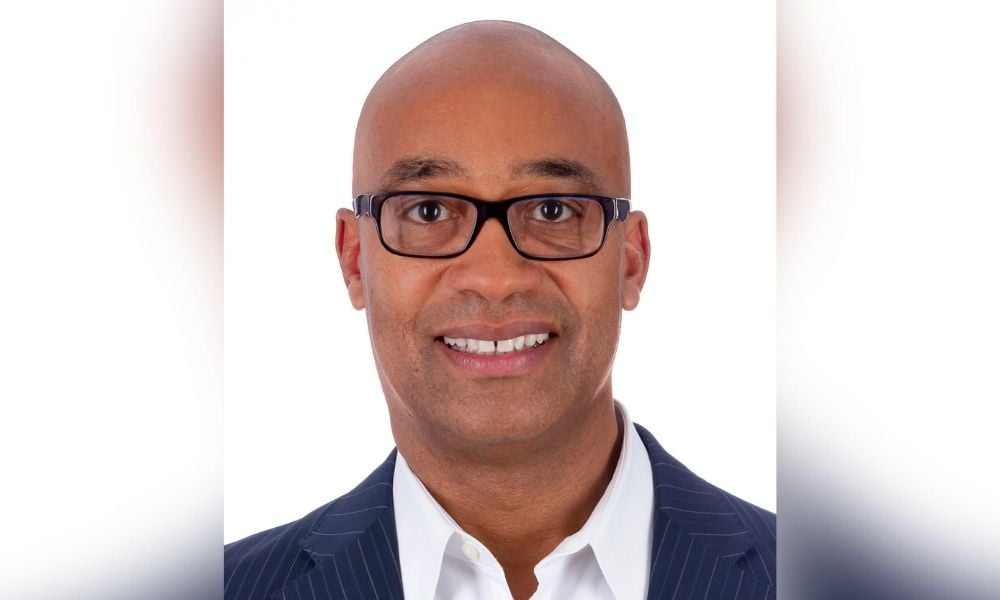
Are you doing enough to support your teams?

Mental health has never been more important than it is right now – it’s also never been under more of an intense threat. The global pandemic has rocked our psychological wellbeing, leaving employers and employees struggling. HRD spoke to Dr Jarik Conrad, senior director, human insights & HCM evangelism at Ultimate Kronos Group (UKG) – sponsors of our upcoming Mental Health Summit. Dr Conrad talked us through how employers should react when a worker discloses a mental health issue.
Read more: Twitter pledges greater diversity in the top ranks
“First of all, employers need to do everything they can to increase the likelihood that employees will feel comfortable enough to come forward and seek help,” Dr Conrad told HRD. “Proactivity is the key. When an employee makes that revelation, the employer will be in a better place to respond instead of reacting. Secondly, don’t be alarmed or surprised. Mental health challenges are common, and, the odds are, you have employees who are experiencing them. Finally, work with the employee to provide any requested reasonable accommodations for them to continue to be successful on the job.”
One of the main issues for HR leaders when it comes to mental health is encouraging people to speak out. A recent report from SAP Canada revealed, in fact, employees really want to speak about their personal concerns with their managers – they’re just not sure how to begin.
Read more: How to create an inclusive workplace
“HR can keep the discussion front and center by providing education and resources,” advised Dr Conrad. “It’s important not to pressure employees to disclose any diagnosis, but make sure they know the company will support them if they choose to do so. Encourage leaders to open up about their own experiences, serving as role models for others to feel comfortable sharing.”
As for the future of mental health in Canada, the outlook isn’t exactly peachy. Looking ahead to the rest of 2021, we asked Dr Conrad if we’ll see something of a mental health crisis unfold in the workplace.
“The unfortunate answer is yes,” he told HRD. “We’ll see the lingering effects of loss, isolation, and stress caused by the pandemic, for years to come. There should be significant investment in formal wellness programs that feature mental/emotional health education and resources. Employers will also need to stay nimble to adjust to staffing challenges that might arise.”
To hear more from our bevvy of experts on how you can help your employees’ mental wellbeing, register for our upcoming Mental Health Summit here.